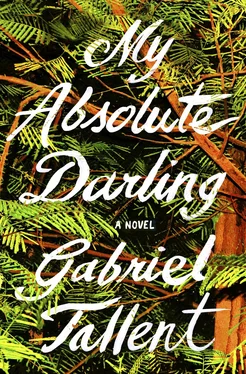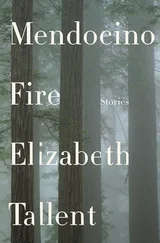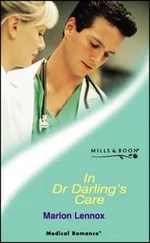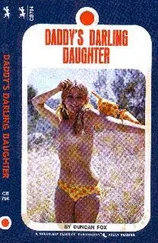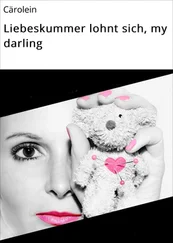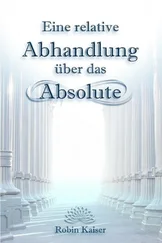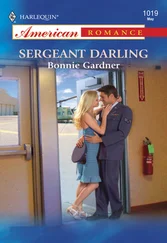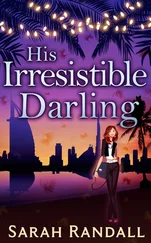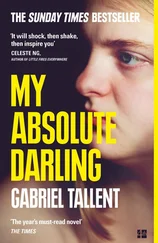Together, they’d lifted redwood two-by-twelve boards out in Rossi’s lumberyard and inspected them for knots and turned them on edge to look for warp, and set aside the boards that they liked, and then a big-bellied man with jeans and a flannel shirt and measuring-tape suspenders cut the boards into eight-foot and four-foot lengths, and still looking at Turtle, he’d taken off his gloves, slapping them into his left palm, and he’d extended his right hand. The man’s ungloved hand was very large, and he gripped hers firmly, almost painfully.
They went inside to the hardware desk to pay for the boards and for the galvanized nails and for the potting soil they’d purchased and there had been a woman behind the desk with her hands planted on the counter, chewing gum impressively, bleached blond with dark brown roots and wearing a fluorescent orange vest. CINDY, her name tag read. She stared at them. Anna had toted up their board feet in a small notepad she carried in her back pocket, carried everywhere because she was making notes for a novel she meant to write and never knew when an idea would come. Taking out the notebook now, she said, “Eight twelve-foot redwood two-by-twelves.”
“Uh-huh,” the woman said, punching it in.
“Eight bags premium potting soil.”
“Uh-huh,” the woman said.
“One pound galvanized nails.”
“Uh-huh,” the woman said, and the way she said it made Anna look up at her, every time, curious if the woman was hostile.
“That’s it,” Anna said.
“Uh-huh,” the woman said. She put her hands down on the counter and leaned forward.
“Well,” Anna said, taking out her wallet, “how much do I owe you?”
“No charge,” the woman said.
“No charge?” Anna repeated.
“Uh-huh,” the woman said.
“For the redwood boards?”
“Uh-huh,” the woman said. There was nothing inviting or kind about the way she said it.
“I’d like to pay,” Anna said. She held her wallet open in her hands.
“Uh-huh,” the woman said, and nodded.
“So how much do I owe you?”
“No charge,” the woman said.
“I don’t understand.”
“Uh-huh,” the woman said.
“You can see that I want to pay , right?”
“Uh-huh,” the woman said.
“So,” Anna said, “I insist. How much do I owe you?”
The woman leaned her bulk forward onto the counter. Propped her elbows up. She was broad through the shoulders. Her cleavage was leathery red and suntanned. She said, “This is still a small town. It don’t always feel like it, but it is. You aren’t paying for that lumber.”
“Well, thank you,” Anna said.
“Nuh-uh,” the woman said, “don’t thank me. She’ll need more soil than that and it won’t all be free.”
“Well, thanks anyway,” Anna said.
Cindy watched Turtle and Anna on their way out the door. Anna just shook her head.
They’d arrived at North Star nursery as it was closing. The place was locked up and a young man in a green sweater and jeans and muddy work boots was walking to his truck when they pulled in. He watched them and then approached Anna’s Saturn as she parked and got out. “Anna?” he’d said, and Anna had said, “Tim,” and they’d hugged and then he looked at Turtle and he said, “So this is her,” and Turtle looked out west, to the clouds above the ocean. She wondered where Cayenne was right now, and if she was safe. The girl had gone to live with her aunt. Turtle had spoken to the woman on the phone, had said, “I want to talk to that girl every week and I want to hear in her fucking voice that she is okay, and I will know if she isn’t,” and the woman had paused and then she’d said “All right . . . ” said it mockingly and sullenly both, dragging the word out with a passive-aggressive resignation, and there was something muted and superior at the end there, as if she thought Turtle were ridiculous. It was just the way Cayenne had said it, when the girl had been at her most sullen, and the shock of recognition had gone right through Turtle, had taken her right back to standing above the girl, with Cayenne lying on the floor reading, trying to get her to go out looking for scorpions. She knew that it was a bad home the girl was growing up in, but what could she do. It was not as if Cayenne had been safe with her.
Tim let them back into the nursery, and Turtle took a little red wagon and dragged it around while Tim and Anna stood beside the gate, talking. The nursery had a fenced yard with slat-topped tables covered in black plastic seeding trays and containers. It was early evening and the sky was purple. Turtle rolled her little red wagon through the nursery’s gravel walkways. Tim wanted to come over and talk to her, it was in his posture, but he stood with Anna by the fence and watched. People expected that she would not like to talk to men, but that wasn’t true. She lifted the black plastic trays of sugar pod snow peas, loving their rich green leaves, the black soil. Holding them to her chest and looking over the tables and tables of plants, it felt like anything was possible. There was an entire table of lettuces in four-cell packs, drunken woman frizzy-headed lettuce, buttercrunch, mascara, flashy butter oak. She wanted kale and chard and the sugar snaps and garlic and artichokes and she wanted beds of strawberries. She wanted it all. It was mid-February and still cold, but Anna thought you could plant lettuce year-round where she lived. Artichokes or snow peas would do well. Any of the crucifers. Better to wait if she wanted to plant tomatoes.
They paid for the plants inside, Tim squinting over Turtle’s red wagon and, with difficulty, keying the numbers into a register, sometimes consulting sheets of laminated paper. Turtle had a scar across her left cheek. A thick keel of numb tissue, and she touched it absently when she was speculative. There were decorative plants and water features inside, but all the pumps and lights were off. Anna and Turtle stood together by the register. On the counter in front of them was a black-and-white flyer of Turtle walking out of the waves, leaning on Cayenne and holding the shotgun. Turtle did not remember walking off the beach. This one read SUPPORT TURTLE ALVESTON. The picture was taken by one of the paramedics. The poster was curling, stained by some freshly watered plant that had dripped down the counter. She had been shot, people liked to tell her, three times, saved everybody at the house that night, and walked off the beach of her own power. She was a hero. They loved that about her. You walked off that beach, people told her, doctors, nurses, techs, strangers. Brett, when he’d visited her, had said it. You’re a hero, Turtle. In his hospital gown, sitting in a wheelchair with the nurse there. He’d been shot in the chest. But unlike her own pneumothorax, his had been serious. The right lung had entirely collapsed and there had been sucking wounds on both sides. “You’re like—a hero ,” Brett had said. “I mean, dude —how were you still on your feet? I don’t know how you walked off that beach.” Smiling at her, marveling. She’d missed this. She’d missed him. He said, “When the end comes, you come get me. You come get me, okay?”
“Okay,” Turtle said. She was lying in bed, the chest tube taped to her side, the tubes dribbling serosanguineous fluid. “Okay. I’ll come get you.” She didn’t think any of it was true. She wanted to know what his long-term prognosis was. How his life would be affected. She wasn’t a hero. She’d failed Cayenne, failed herself, failed Martin, she’d endangered everybody there, failed again and again, blundering from room to room making one stupid mistake after another, trying and failing to control a situation that could not be controlled, and she didn’t remember walking off the beach, and all for what, a life without him that she did not want, that she did not understand. If they knew how she’d kicked open the door and found him with Cayenne and how she’d had the chance to end it before it ever came to anything, how she hadn’t pulled the trigger. She’d looked at Brett, unable to explain any of it. His life would never be the same. Not ever. Train yourself, Martin had said, to an absolute singularity of purpose, and she hadn’t done it.
Читать дальше
Конец ознакомительного отрывка
Купить книгу
